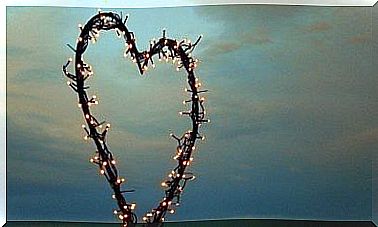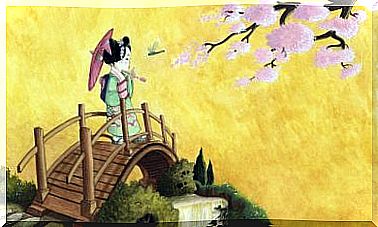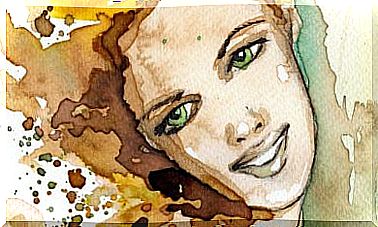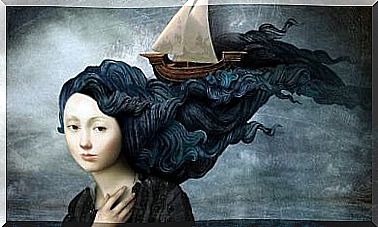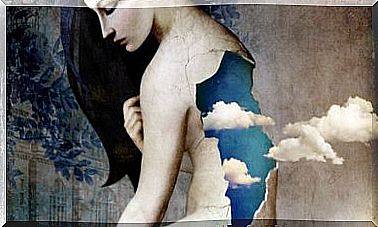Émile Zola, Biography Of A Brave Man
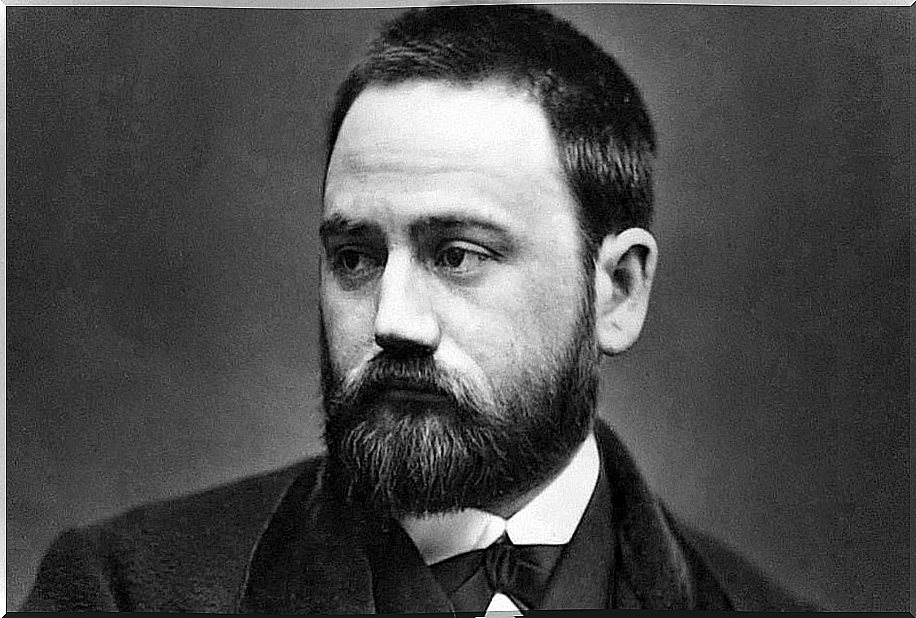
Émile Zola is one of the great figures of French literature. If anything characterized his life, and even his death, it was controversy. His work, his opinions and his intellectual and political activity gave much to talk about in his time. In short, he was a man demonized by some and adored by others, with the same passion both on one side and the other.
One of the striking aspects of Émile Zola’s life is that he never went to college . He became a reference in literature for the 19th and 20th centuries, despite the fact that he did not have a formal higher education. In fact, she failed her high school final exam and, in order not to become a burden on her mother, she decided to withdraw from academic life and start working.
Émile Zola had a difficult life and a vibrant work. He is considered the father of Naturalism, a literary trend strongly influenced by science, which aims to show the human being and societies in all their rawness. That was, in principle, what made him dislike the most conservative sectors of his time.

Émile Zola’s childhood
Émile Zola was born in Paris on April 2, 1840. His father was an engineer of Italian descent, named Francesco Zola, his mother, Émilie Aubert, was an educated and enlightened woman who came from the French bourgeoisie.
Zola was Paul Cézanne’s classmate during the early school years. The two made a beautiful friendship that lasted for many years. It is said that both had a great love for literature and that they shared the first readings of the romantic authors of their time, mainly Victor Hugo and Alfred de Musset.
When Émile Zola was just seven years old, her father died . This had a significant impact on the economic situation of the family, which had to move to a town in Paris. The friendship with Cézanne persisted, but Zola went through great hardships. As we have discussed previously, he failed to pass the graduation exam twice and, as a consequence, decided to resign from academia.
Literary evolution
Zola first had a job in customs, away from everything that interested him. However, in 1842, he got a position in the advertising department of the publishing house Hachette, in this job, he felt in his element. It was then that he began to produce his first literary works, although, at first, they went unnoticed.
Émile Zola devoted more time to his writing than to his work and for that reason he was fired from the publishing house. He took it easy and soon landed a job as a chronicler and art critic at the newspaper L’Événement. There, he began a fervent defense of the Impressionist movement which, at that time, was not frowned upon; Zola especially defended Manet.
In 1867. he wrote the novel Teresa Raquin , with which he achieved some notoriety. Perhaps this gave him a new impetus and, later, he better defined his style and produced a whole series of works, in which genetic inheritance and social context defined the fate of the characters. His work aroused the enthusiasm of many, but also the dislike of others, especially the Catholic Church.
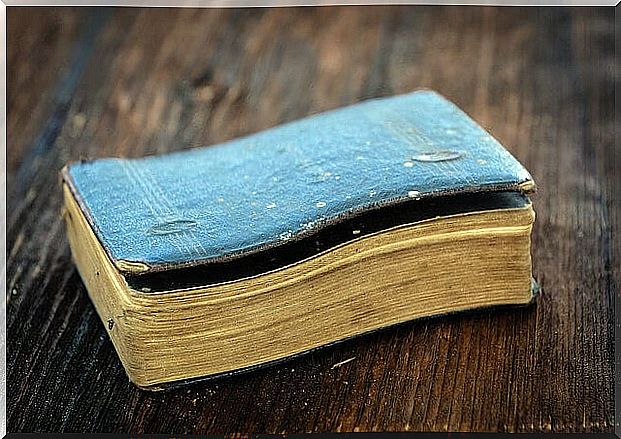
The Dreyfus Affair
Alfred Dreyfus was a Jew who was wrongly accused of espionage. The case became popularly known as the Dreyfus Case, against which Émile Zola wrote a classic piece called I accuse. It was an open letter to the French leader, which was published on the front page of the newspaper L’Aurore . The text opened a strong controversy due to the forcefulness of the arguments.
I accuse it was read all over the world and, immediately, a defamation process was initiated against Zola and he was sentenced to one year in prison and to pay a large fine. Later, Zola went into exile in London, while being prosecuted as an absent convict in France. His innocence was proven in 1899 and he was allowed to return to Paris.
He wrote again, but death surprised him on September 29, 1902 at his home. Apparently, he had suffocated from an accident in the chimney. However, most believed that he had actually been killed. In fact, one of his lawyers had already been the victim of an assassination attempt, shortly before Émile Zola’s death.
Only until 1906 was Alfred Dreyfus proven innocent. For his part, Zola was buried in the Montmartre Cemetery, in Paris. There he was for six years and then his remains were transferred to the Pantheon, with which a late tribute was paid to the writer.

